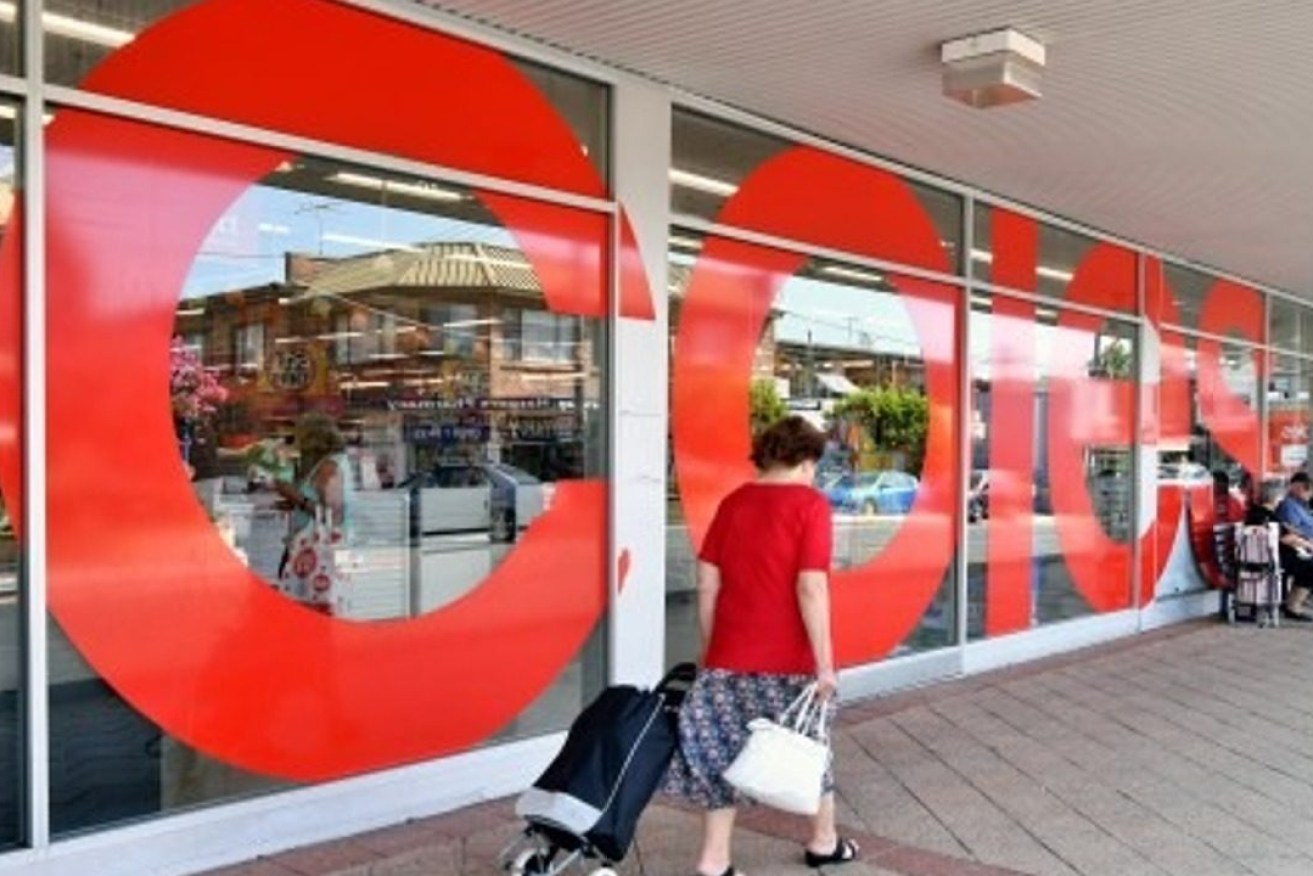Coles’ sales revenue was up 6.8 per cent to $22.2 billion in the 27 weeks to December 31, but its profit fell 3.6 per cent to $616 million compared to the same period a year ago, the company announced Tuesday.
The culprit was mostly higher lease costs and higher interest rates: both were roughly equal contributors to Coles’ financing costs rising by $26 million to $213 million.
“Just like households that are paying higher interest rates on their mortgages, we are paying higher levels of interest on the debt that we pay to operate the business,” Coles managing director and chief executive Leah Weckert said.
Rents have also been increasing, and are a significant cost for Coles, Weckert said.
Facing a government inquiry into allegations of price-gouging, Weckert said Coles makes just $2.60 in profit for every $100 spent in its stores, a margin that had been stable for the last five years.
“Profits are an essential thing for any business. They enable us to continue to operate and that means we get to continue to employ 120,000 people,” she said.
The supermarket group faces intense competition not just from Woolworths but also Aldi, Costco and Amazon as well as independent supermarkets and a wide range of retailers such as Chemist Warehouse, Priceline and Bunnings, all of which stock items that Coles also sells, Weckert said.
“From my perspective, it is a competitive market, we are having to work hard everyday to work out how we attract customers into our stores,” she said.
She said food inflation had been significantly lower in Australia than in other developed economies, and much it had to do with higher import prices, in part due to the war in Ukraine and its impact on wheat prices.
Supermarket prices increased three per cent in the second quarter of 2023/24, compared to a 3.1 per cent rise in the first quarter. Prices excluding tobacco and fresh produce rose four per cent, down from 5.7 per cent.
Weckert said a number of changes had reduced store thefts, which had been an issue coming out of the pandemic.
The measures include better training, security at its entrances and exits and technological solutions, she added.
– AAP





